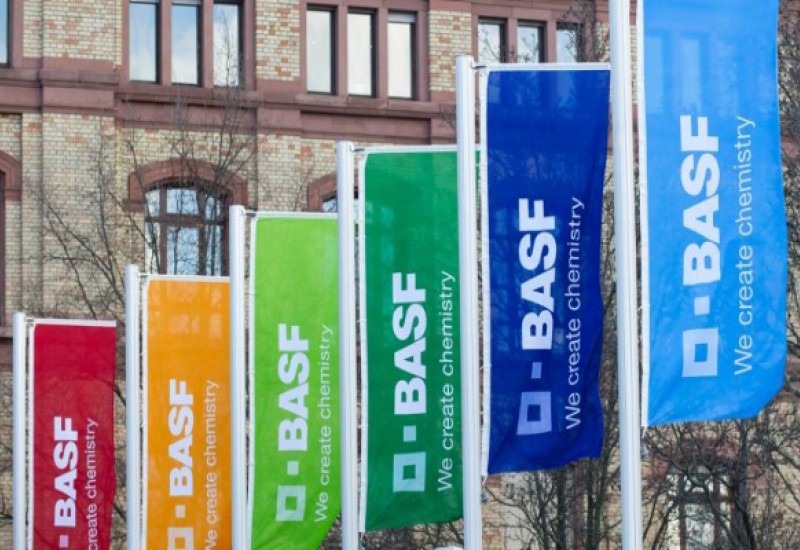EU votes to ban neonicotinoids
EU member states have voted to impose a near- total ban on neonicotinoid insecticides – the most widely used class of insecticides in the world – across the region. The ban will cover all crops grown outdoors, but growers will still be free to use them in greenhouses across the EU.
Since December 2013, three neonicotinoid pesticides – imidacloprid, clothianidin and thiamethoxam – have been banned for use on crops attractive to bees in the EU. The restrictions were imposed after a previous report by the European Food Safety Authority (Efsa) concluded that they posed a “high acute risk” to honey bees.
Industry responds
Following the decision, global agribusiness giants Syngenta and Bayer issued statements expressing disappointment. Switzerland’s Syngenta said the proposals for further restrictions of neonicotinoids was “disappointing, but not unexpected”. The company does not believe the decision is the right outcome for European farmers or for the environment.
“The Commission’s reliance on an unapproved regulatory document (The Bee Risk Guidance Document) in order to propose a further ban of neonicotinoids is not sound and will not address the challenges we face in ensuring safe and reliable food supply while also taking care of the environment.
In fact, the [document] is so conservative and so far removed from the reality of agriculture that its application would see most, if not all, agricultural chemicals banned including, for example, those used in organic agriculture,” it said.
“We stand by our past decision to challenge the European Commission’s decision-making process concerning our thiamethoxam technology, as it relied on a hypothetical risk to implement partial restrictions on neonicotinoid chemistries, outside legally approved regulation,” the company added.
A bad deal for Europe
Meanwhile, Germany’s Bayer called the decision “a sad day for farmers and a bad deal for Europe.” The company said it remained convinced that the restrictions are not warranted because neonicotinoids are “safe when used in accordance with the label instructions.”
It added: “Bayer is surprised that, once again, legislative measures are being implemented without a prior thorough impact assessment. Beyond the costs for European farmers, the restrictions in place have already brought considerable unintended consequences: a lack of alternative solutions; more spray applications leading to more CO2 emissions; an increased lack of resistant pest insects; and a return to older, less-effective chemicals ... As it currently stands, the European crop protection industry will not be able to offer any registered seed treatments or soil-applied insecticides that could replace the current use patterns of imidacloprid and clothianidin.”
However, NGO Friends of the Earth welcomed the news and said the decision was a “major victory for science, common sense and our under-threat bees. The evidence that neonicotinoid pesticides post a threat to our bees is overwhelming.”
















